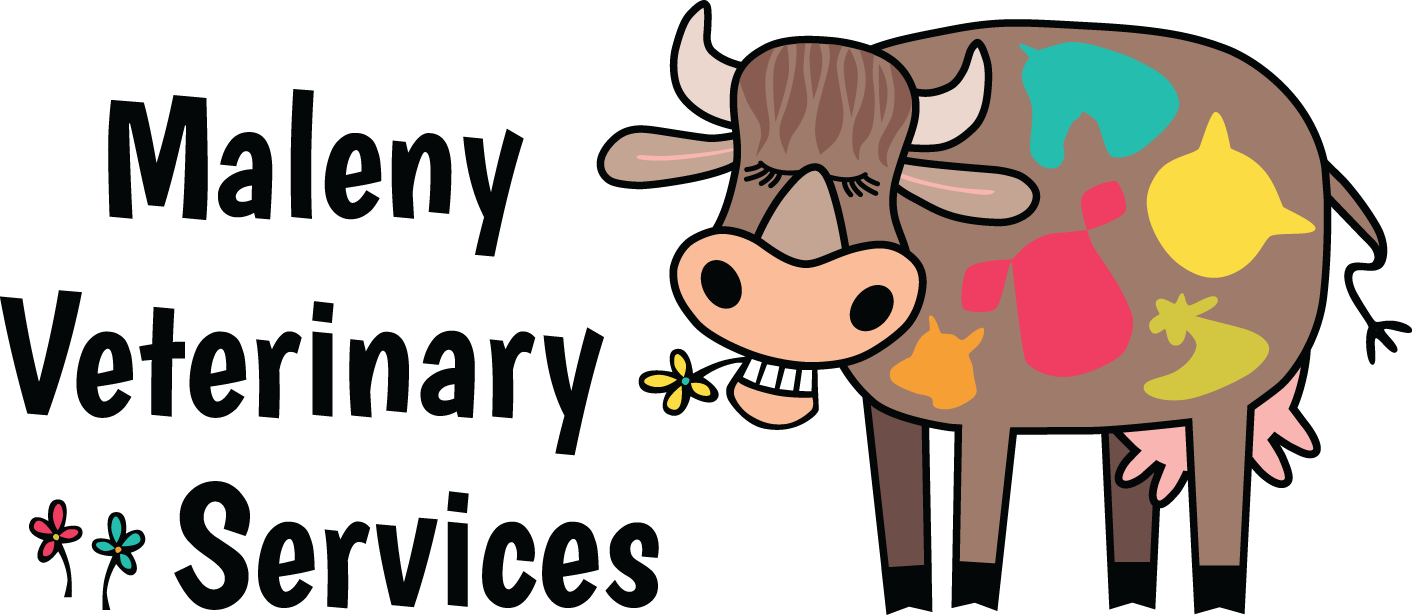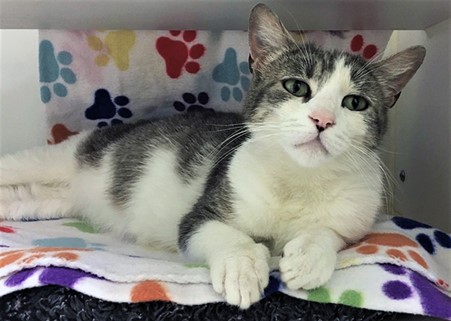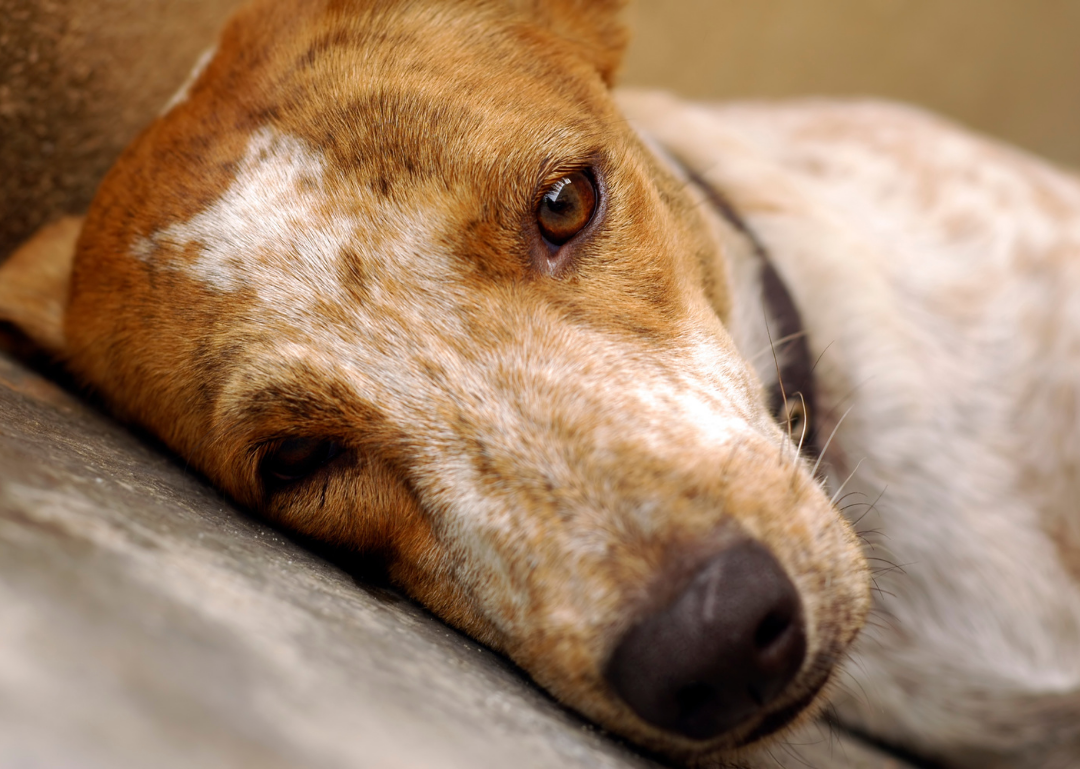Do you have an older furry feline companion at home that seems to be not quite so agile as they used to be? Maybe they’ve stopped walking outside with you to collect the mail. Don’t play in the garden quite so much as they used to? Feline arthritis (osteoarthritis) is one of the most underdiagnosed conditions in our feline friends.
Arthritis is usually a result of ongoing wear and tear and instability in joints with the most affected joints in the cat being elbows, hips and spine. Arthritis occurs when joint cartilage deteriorates and synovial fluid (the fluid in our joints) loses its lubricating properties so the movement of bone becomes less smooth, leading to discomfort and reduced mobility.
Signs of arthritis in cats can include:
- Reduced movement – not wanting to jump up and off beds, sleeping in lower positions, inability to crouch or squat to urinate and defecate, sometimes leading to toileting accidents
- Changes in grooming behaviour – reduced grooming that can cause a matted or ‘scurfy’ coat, or overgrooming leading to hair loss or self-trauma
- Changes in personality – more aggressive or not wanting to be patted or brushed
- Changes in activity levels
There are several treatment options for older cats with osteoarthritis including weight management, disease modifying osteoarthritic drugs (cartrophen), anti-inflammatories and pain killers as well as neutronceuticals and prescription diets, all which can play a role in keeping your feline companions more comfortable in their older years and colder months.
If you feels that your cat is exhibiting any of these symptoms please don’t hesitate to arrange an appointment with one of our veterinarians.


